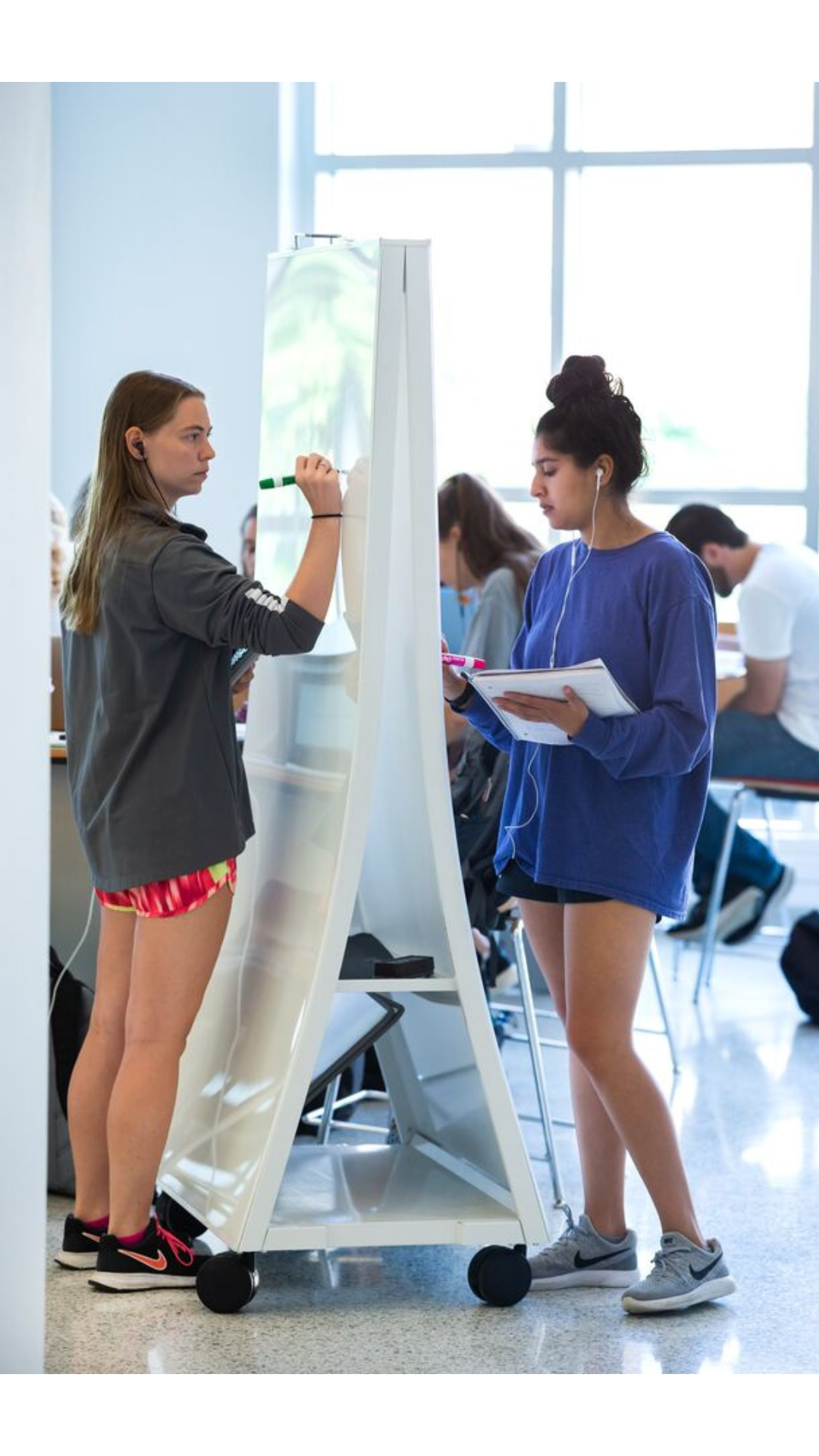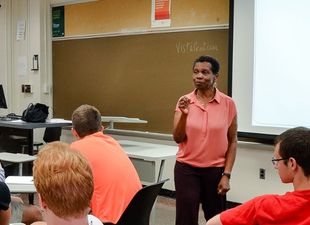Academic Overview
We’re excited to welcome you to the academic community at the University of Maryland!

- Testudo Office of the Registrar (Schedule of Classes)
- Code of Academic Integrity
- Accessibility and Disability Service
- Course-related policies
- 4-year graduation plans
- Limited Enrollment Programs (LEP)
- First-Gen Terps summarizes resources for students whose parents/ guardians did not graduate from college
- First Year Book, available for free to all students, is integrated into select first-year courses
- Handshake is UMD’s free career platform connecting students and alumni with jobs, internships, and career services
- Academic calendar
Hub Homepage
A UMD undergraduate degree consists of 120 credits, which are typically divided into three key areas:
General Education (GenEd) Requirements: courses are the classes all undergraduate students must complete, but they do more than fulfill requirements—they reflect the intellectual and creative goals we have for our students and help define what it means to receive a UMD education.
Major Requirements: Courses focused on the subject you choose to specialize in.
Each college/school has also provided info for parents/family supporters. (See below)
Electives: Flexible credits you can use to explore other interests, add a minor, or deepen your studies.
Fundamentals of Graduation
Single/Double Major: Minimum of 120 credits
Dual Degree: Minimum of 150 credits
Full-Time Student: minimum of 12 credits
GPA: Minimum of 2.0 to be in good standing
Advising
Each department/ college has specific advising requirements. Some assign an academic advisor to every student; others offer a group of advisors to choose from. Students can reach out to their advisor by email, phone, or schedule an appointment to meet via TerpEngage.
Prior Learning
Transfer Credit Services determines the acceptability of courses, awards credit by the University of Maryland, and maintains the database of transfer course evaluations.
Credit AP/IB Credits: (Available in July)
How do I check my student's grades?
Family Educational Rights and Privacy Act (FERPA) protects student education records once they enter college
- Family members/supporters do not have direct access to grades or advising
- Academic advisors work directly with students
- Students are expected to advocate for themselves and seek support
How can I help my students find academic support if they need assistance?
The Tutoring website compiles all the resources around campus, including those offered by:
- the Office of Multi-Ethnic Student Education (OMSE)
- Academic Achievement Programs (AAP)
- Writing Center
- Oral Communication Center
Accessibility and Disability Service supports students with disabilities to ensure equal access and inclusion in education. Examples include: alternative text formats, accommodated testing and note-taking
Note: If your student had a 504 or IEP in high school, they should make an appointment with ADS.
With six libraries on campus, students have access to:
- Expert help from librarians who assist students with research, finding credible sources, and citing properly
- Quiet and collaborative study spaces—ideal for both individual focus and group projects (Beyond libraries, there are many quiet study spaces around campus)
- Access to millions of resources including books, academic journals, databases, and media (often saving students money on textbooks!)
- Workshops and tools for writing, data analysis, presentations, and even things like time management or digital literacy
- Technology loans including laptops, cameras, calculators, and more—free to borrow
Need textbooks and school supplies?
The UBC, the official bookstore, is located in the Stamp Student Union.
What does the UBC offer?
- Course materials and supplies in a variety of formats, new and used, rental options, and digital choices
- Price-matching as well as a textbook refund policy for the first 30 days of classes
- Official university merchandise
How do students know what textbooks they need?
- Faculty will upload their syllabi and class details into Canva-ELMS where they will list necessary materials.
- Students can also search the UBC retail site with their course code.
- Participate in First Day – faculty will select their course’s required materials to ensure they’re the right ones for your class.
You can charge your books and your supplies to your Student Account. To use this option you must have a valid UID and be an active full-time student. All charges will appear on your monthly statement, for more information visit Student Financial Services and Cashiering.
Academic schools/colleges:
Colleges and Schools are the academic homes for more than 100 majors. They all have nicknames. So, you may hear your engineering student refer to the “Clark School” or your psychology major refer to the College of Behavioral and Social Sciences as “BSOS,” pronounced bee-sauce.
College of Education (EDUC)
College of Information (INFO)
School of Public Health (SPHL)
School of Public Policy (PLCY)
 Letters and Sciences is the academic home for students who have not declared a major (or are working toward being accepted into a limited enrollment program)
Letters and Sciences is the academic home for students who have not declared a major (or are working toward being accepted into a limited enrollment program)
Additional tools:
- FOCUS 2, a free assessment tool that gives you a complete picture of your interests, values, personality and skills aligned to majors, occupations, and career paths.
- Review comprehensive list of UMD Majors and UMD Minors to consult all available options.
